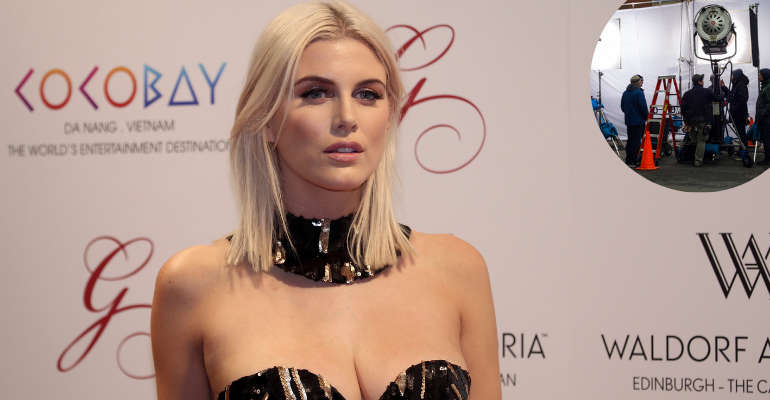
Reality television lines have become blurred since Endemol brought Big Brother kicking and screaming to UK screens at the turn of the Millennium.
'Nasty' Nick Bateman and a hastily assembled jury perched around a table in the BB abode during the summer of 2000.
The conniving housemate’s best laid plans and schemes had finally unravelled on day 35 of the series, when chief bloodhound — and eventual winner — Craig Phillips tracked the scent responsible for millions of viewers screaming vicious curse words at their screens for the past five weeks.
At the time it seemed to matter, with loveable Scouse scallywag Craig the perfect foil for dastardly antagonist Nick.
Until then those living at close quarters were unable to recognise the deviant’s mischievous antics, adding to nationwide exasperation.
Tabloids stirred the pot, calling for Bateman to be deported and naming him ‘the most hated man in Britain.’
The bar continues to be raised

Today Nick’s indiscretions wouldn’t generate a ripple amongst his ravenous modern day counterparts, many of whom play to cameras like neglected toddlers.
What was once a genre grounded in the factual has evolved into a scripted sermon of soap opera rhetoric, aimed at advertising products and stirring up social media.
That's not to say modification wasn't needed, with people growing weary of 24-hour feeds dominated by snoozing, mastication and repetitive yakking.
Even the juicy bits were eventually rendered impotent by time-delay and on-the-spot editing, ensuring they were reserved as flesh for the evening highlight reel.
Success inevitably spawns imitation
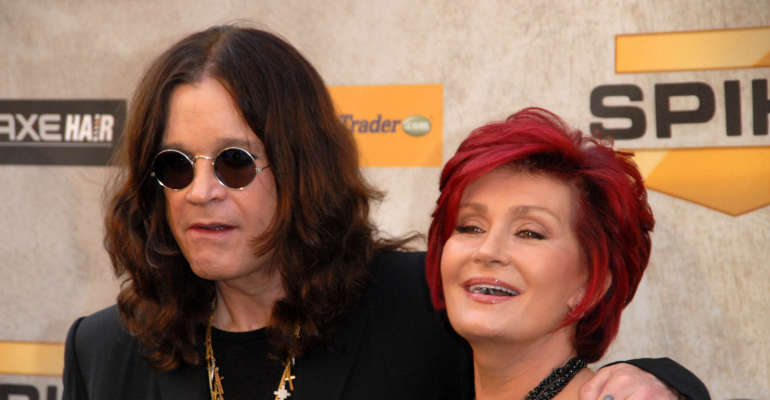
Just as Big Brother and The Real World blazed a trail for Celebrity Love Island and I'm a Celebrity, so The Osbournes unlocked the door for the curiously watchable Hogan Knows Best and less appealing What Katie Did Next.
It came full circle at the end of the ‘noughties,’ with the rise of exclusively scripted (un)reality TV, where scenes were set up solely for the satiation of a wide-eyed audience.
The inception of the undoubtedly entertaining Made In Chelsea in 2011 allowed viewers to peek into a fantasy universe presenting equal parts cocktails and cock-tales.
The Hello magazine of the small screen, an ever-evolving cast of characters parade around South West London, their tail feathers gleaming, with not a hint of hardship or a hair out of place. All within the confines of a painstakingly conceived goldfish bowl.
The appeal lies in the jet-set lifestyles enjoyed by a gaggle of coiffured rich kids — heirs to corporations who share body fluids and Jacuzzis in a state of perpetual down time.
It's fun, but reality? The veneers that adorn the collective casts' faces are less phoney than the narratives that play out, act by act, for the consumption of invested voyeurs.
Even so, SW3’s brand of entertainment is indisputably several notches above the ‘Real Housewives’ franchise and retains a stylistic value courtesy of engaging caricatures and slick presentation.
The continued saturation of the reality genre amplifies salacious concepts to provide shock value — the lifeblood of these productions.
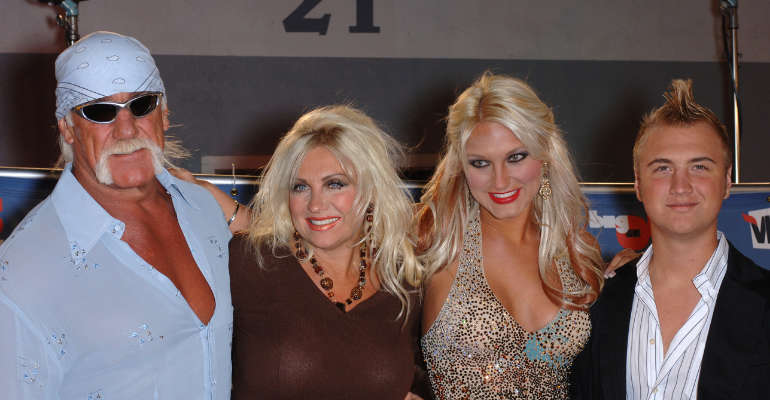
A childish public school graduate scribbling names onto scrunched up A5 sheets torn from a notepad no longer gratifies the lust; numbed by years of hyperbole and recurring adaptations of good vs evil.
In 2022 reality TV is a three dimensional comic book, ideal for pickling the psyche and providing aesthetically captivating colour schemes. For Gotham, Keystone and Metropolis read Chelsea, Essex and Gwrych Castle in Wales.
How much further can the envelope be shifted? Only time will tell. For the next clutch of fame-hungry wannabes and gluttonous viewers nothing seems taboo.
Prepare not to be shocked… in the most shocking way possible.

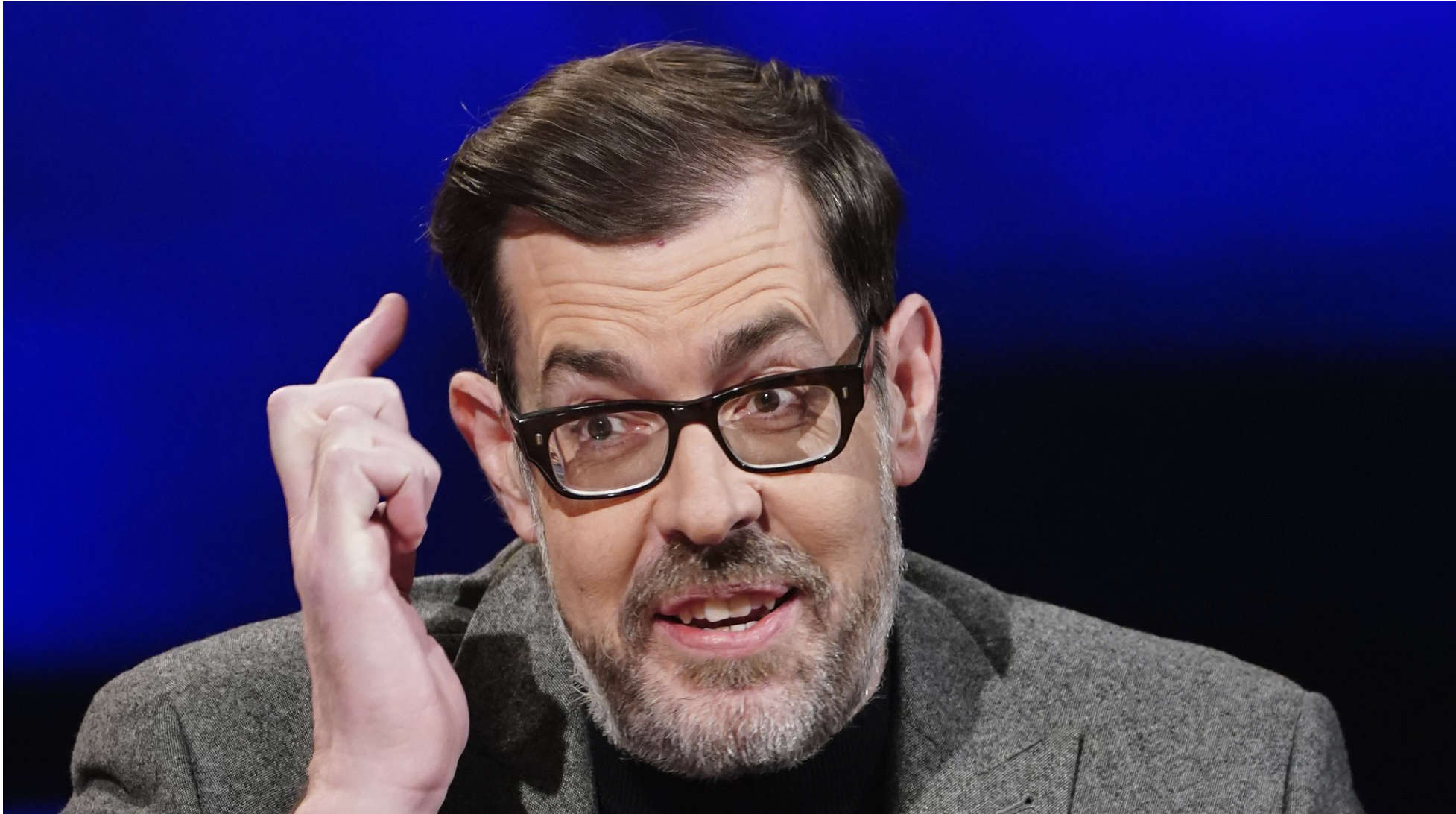 Richard Osman Reveals Thursday Murder Club Cast - Including Ex James Bond
Richard Osman Reveals Thursday Murder Club Cast - Including Ex James Bond
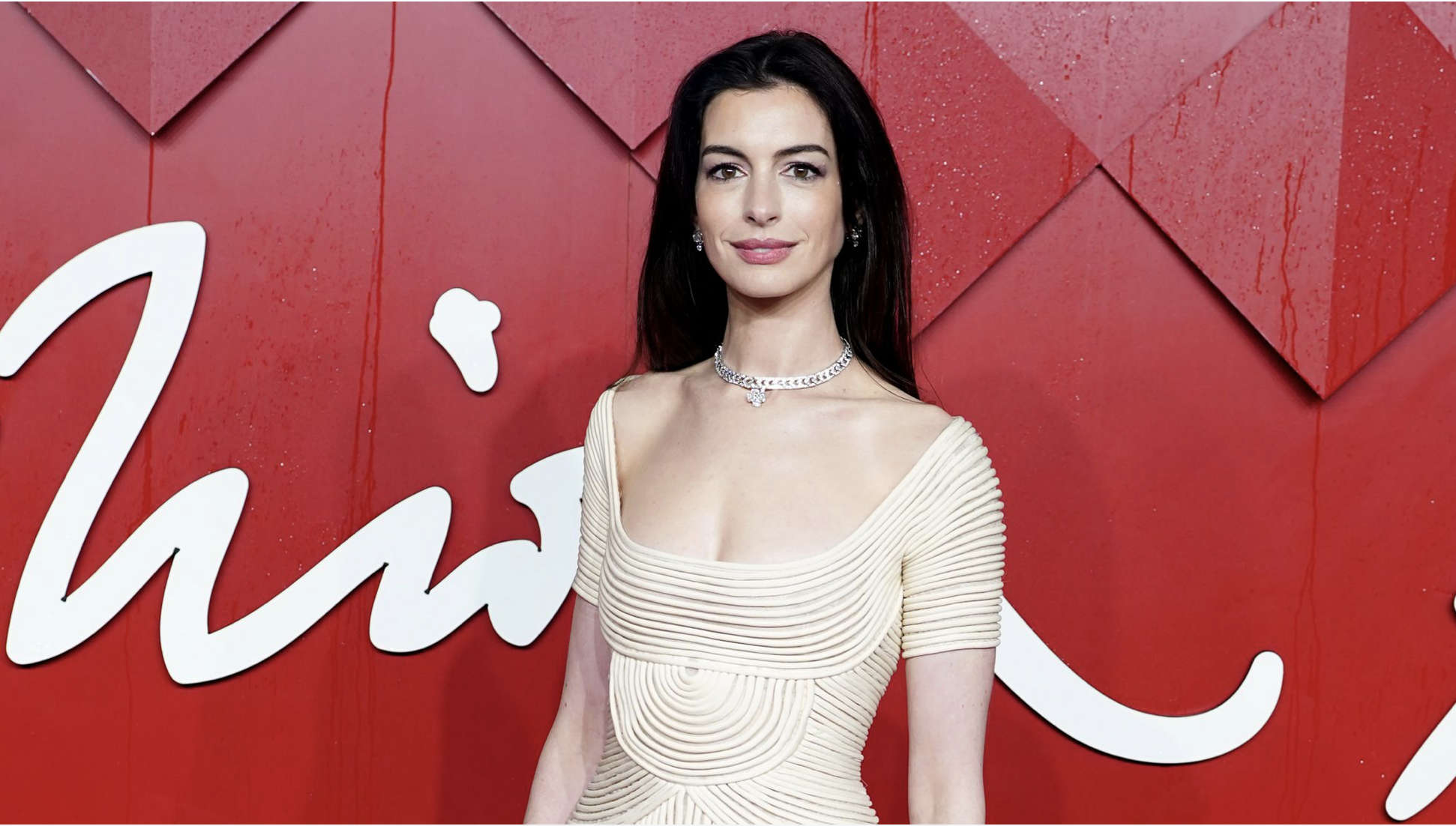 Anne Hathaway Describes 'Gross' Audition Where She Had To Kiss 10 Men
Anne Hathaway Describes 'Gross' Audition Where She Had To Kiss 10 Men
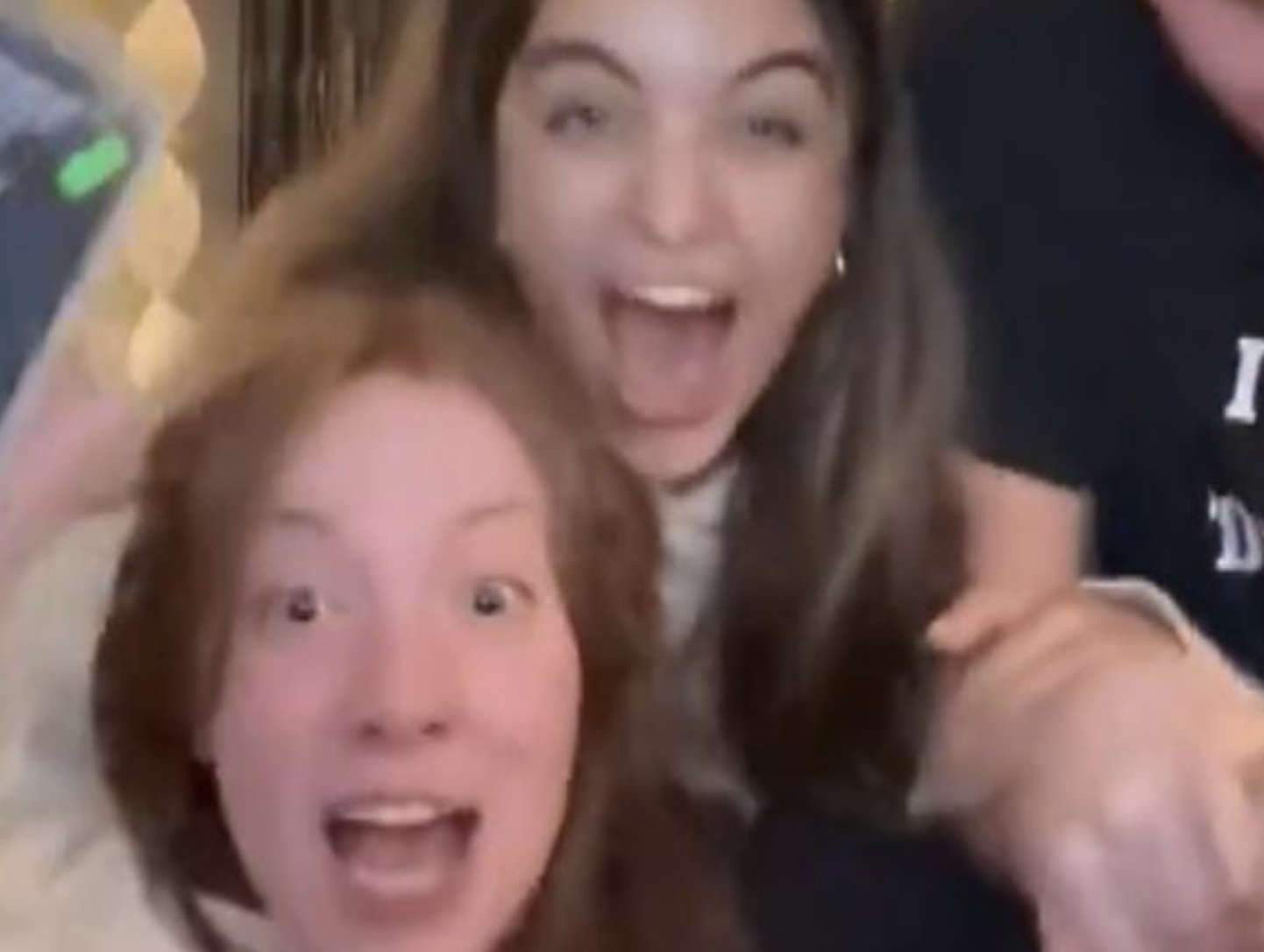 Taylor Swift's The Tortured Poets Department Streamed More Than 300 Million Times In One Day
Taylor Swift's The Tortured Poets Department Streamed More Than 300 Million Times In One Day
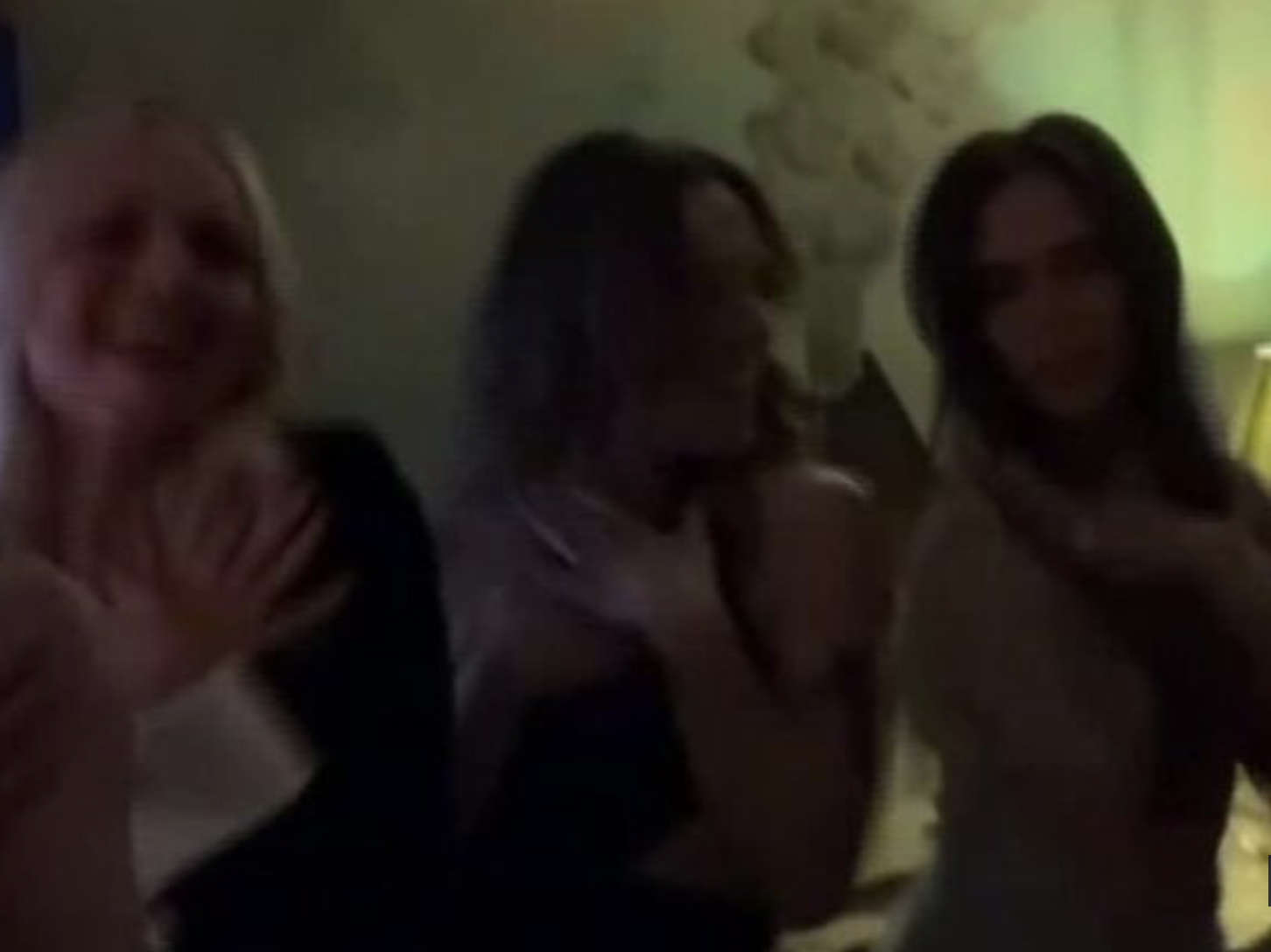 Spice Girls Reunite For Victoria Beckham's 50th Birthday With 'Stop' Singalong
Spice Girls Reunite For Victoria Beckham's 50th Birthday With 'Stop' Singalong
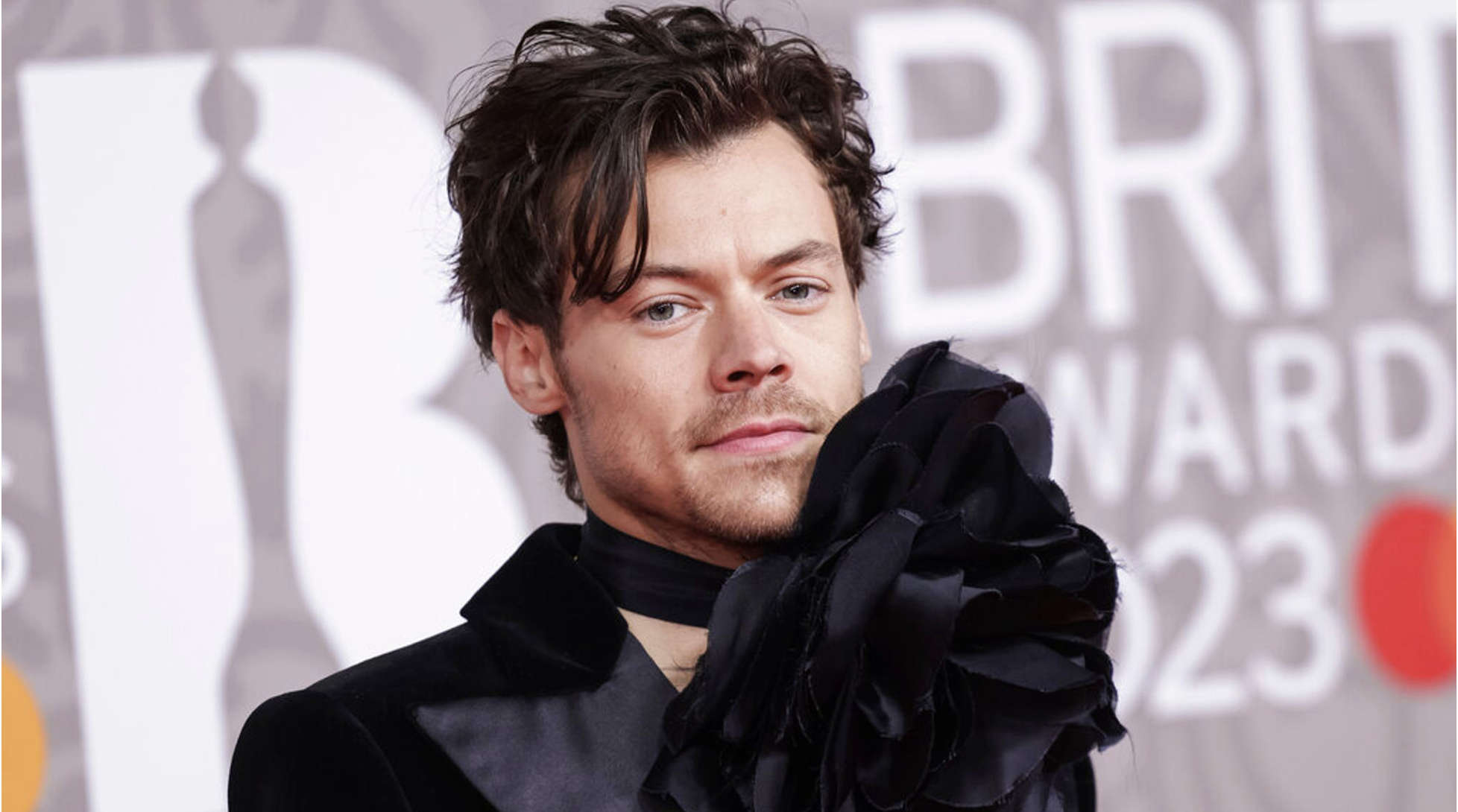 Harry Styles' Stalker Jailed After Sending Him 8,000 Cards In Less Than A Month
Harry Styles' Stalker Jailed After Sending Him 8,000 Cards In Less Than A Month



 Isle Of Wight Radio Child Of Wight Awards 2024 Nominations Now Open
Isle Of Wight Radio Child Of Wight Awards 2024 Nominations Now Open
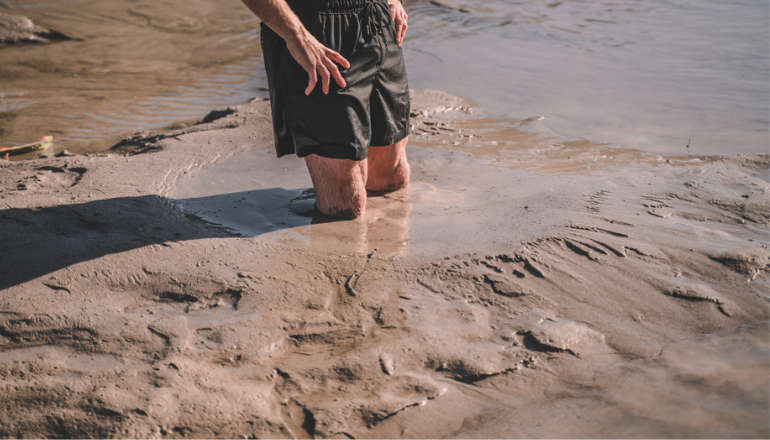 Fire Service Issues Water Safety And Mud Rescue Advice For Isle Of Wight
Fire Service Issues Water Safety And Mud Rescue Advice For Isle Of Wight
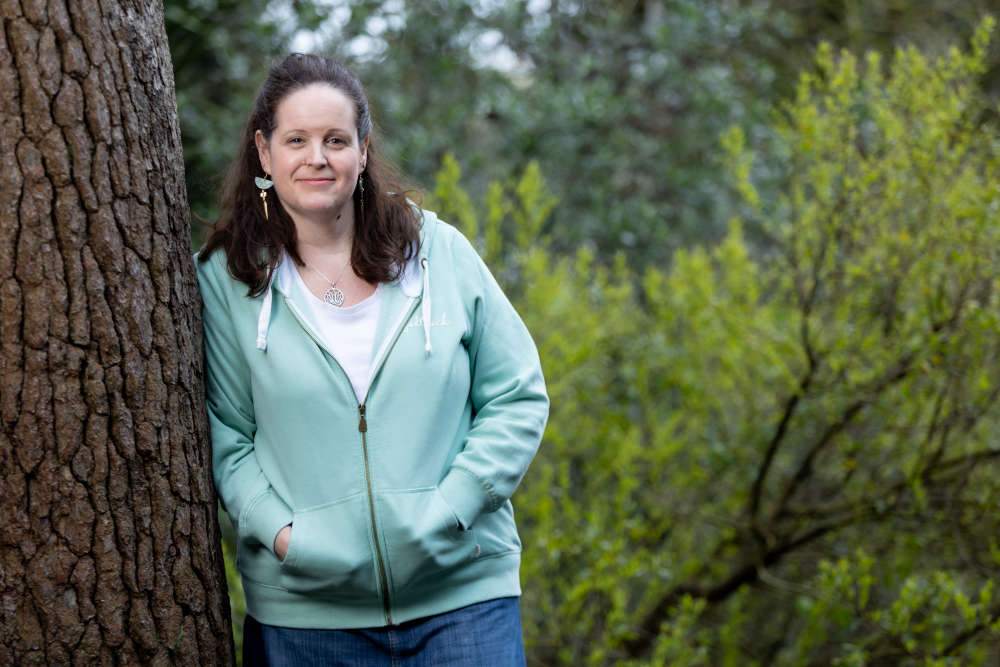 New Online Cancer Support For Local Residents
New Online Cancer Support For Local Residents
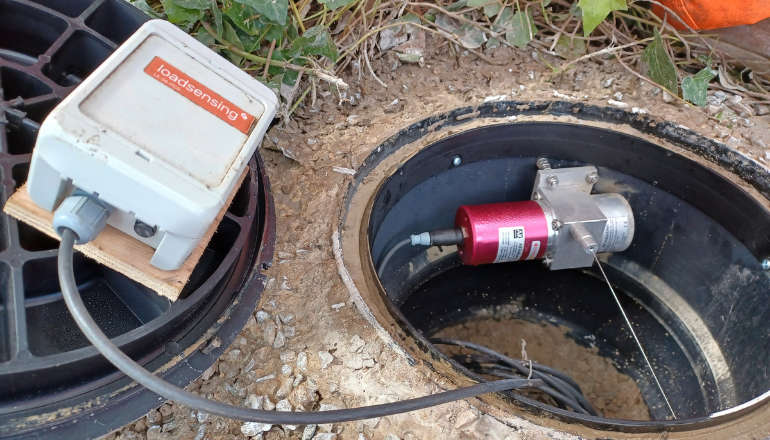 Specialist Monitoring Equipment Now Installed At Leeson Road
Specialist Monitoring Equipment Now Installed At Leeson Road
Comments
Add a comment